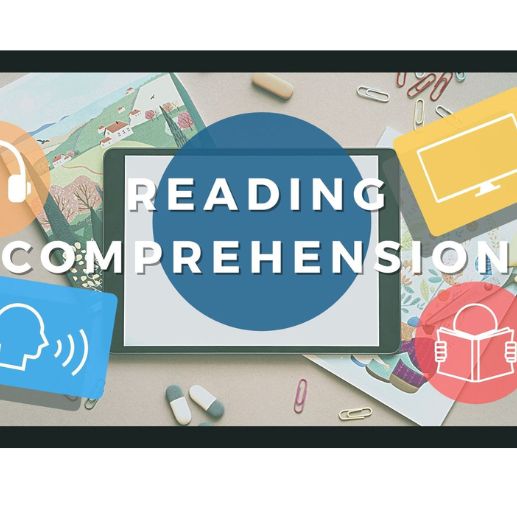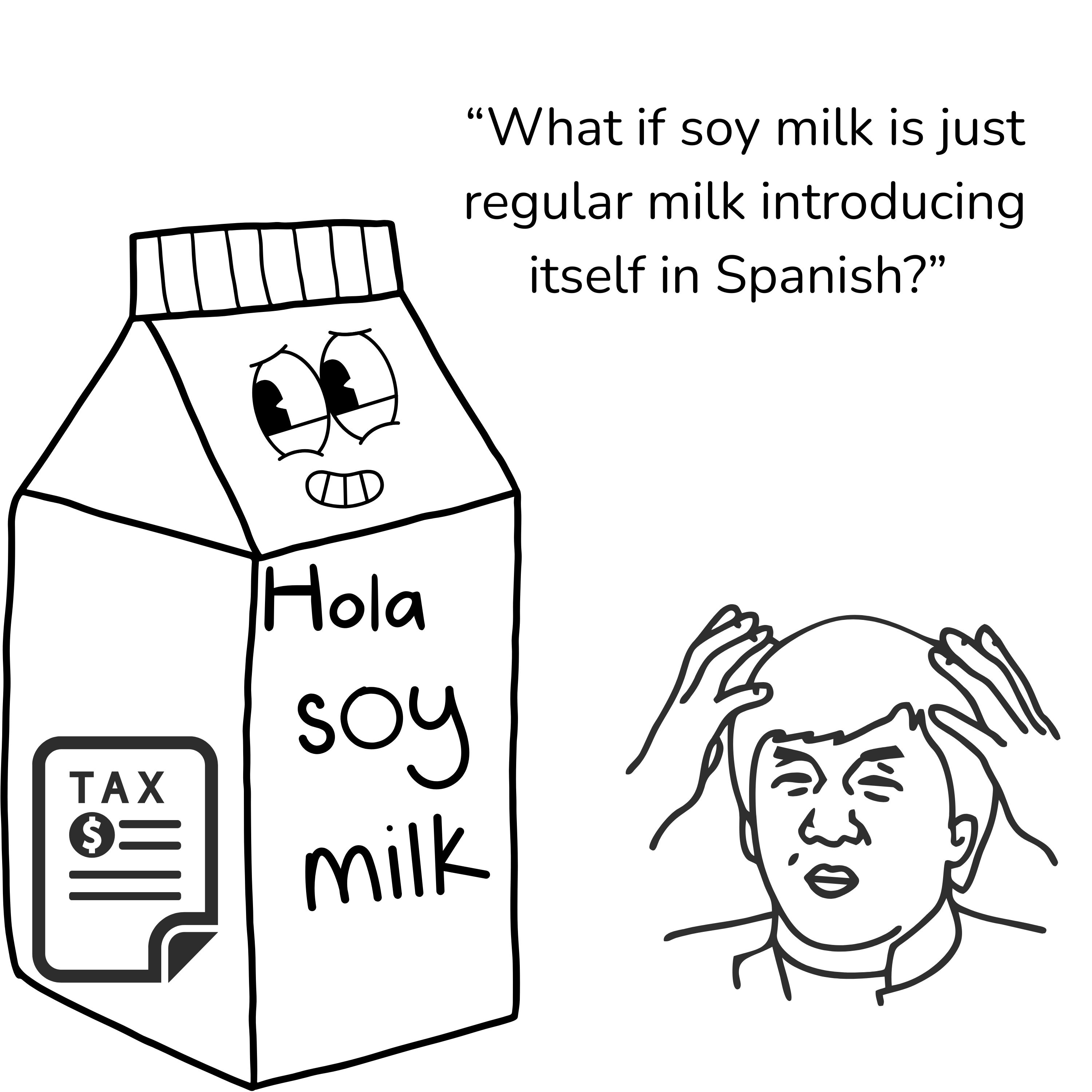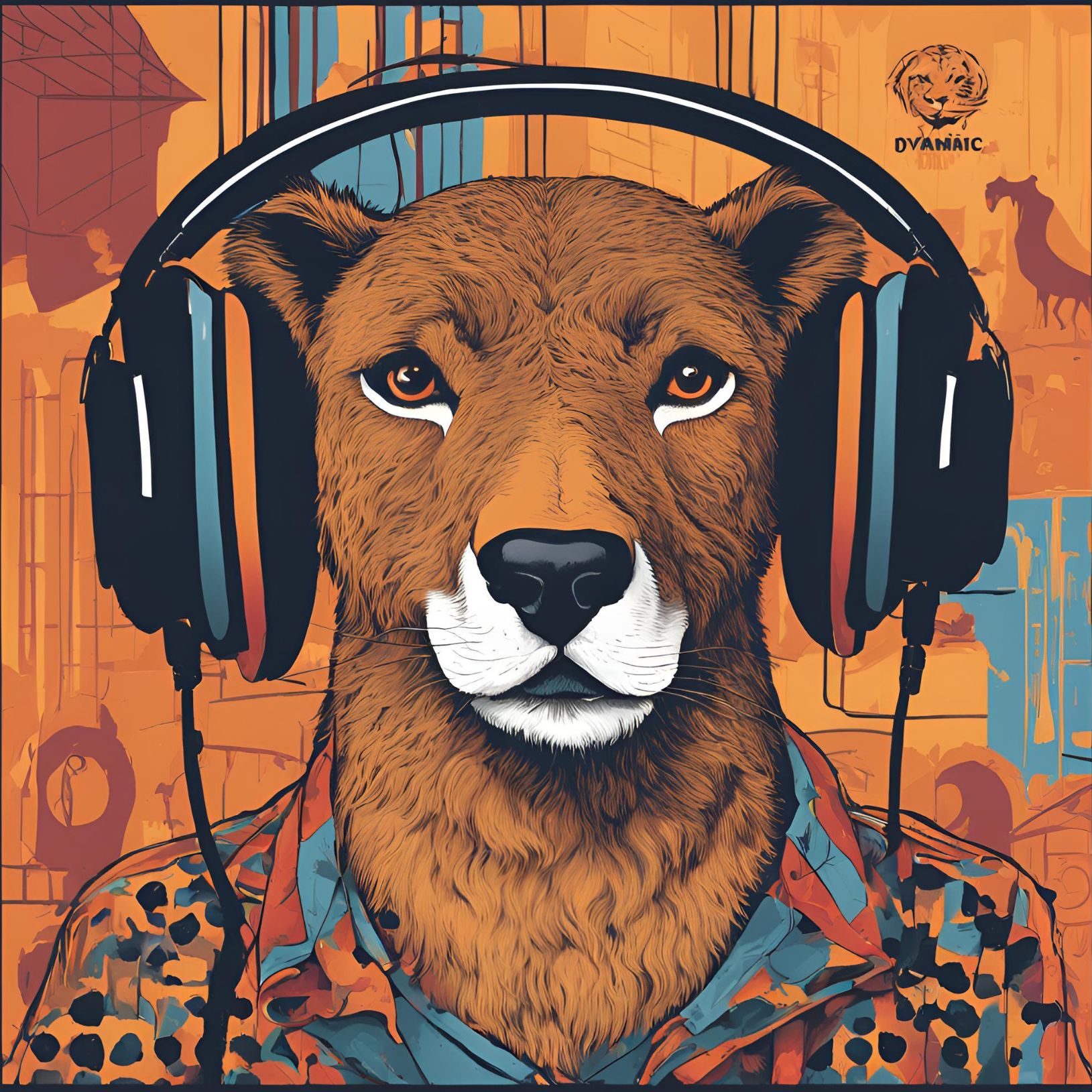
Science of Spite: Why We're Meaner when We're Tired
설명
Do you find it harder to be nice and cooperative when you're tired? You're not alone — and there's actually science behind that feeling.
Researchers in Italy looked at how being tired affected people's brains and the decisions they made.
They looked at a total of almost 450 people. The participants all started by doing a set of similar tasks for about 45 minutes — but for one group, the tasks were made much more difficult to make the participants mentally tired.
For example, the mentally tired group was given more difficult quiz questions to answer. And while everyone watched funny videos, the mentally tired group was told to try not to smile or laugh.
Participants then played several economic games that asked them to make decisions that would give different benefits to themselves and others, like deciding how to share points in a group.
It was found that mentally tired participants were much less likely to make cooperative decisions in the games. They were also more likely to choose "antisocial" and "spiteful" options — where they could, say, choose to use some of their own points to reduce someone else's points instead of using them to help themselves or the group.
Why did this happen?
Among the mentally tired group, the researchers found a much stronger increase in "slow-wave" activity in parts of the brain used for things like planning, paying attention, controlling emotions and understanding others. These "slow waves" are similar to the ones seen in our brains when we sleep.
The researchers said this increase in slow waves may explain tired participants' less cooperative decisions.
So when you're tired after a long day, you may be less nice because the parts of your brain you need to help you cooperate are actually going to sleep!
팟캐스트 채널
Practice Listening, Reading & Comprehension
작성자
모든 에피소드

Why 'Soy Milk' is a Liar & How to Be Free (Without Paying Tariffs)

La Ruta de la Entonación TV: Viaje Sonoro por el Español

Del Latín al Español: Verbos y Frases con Raíces Religiosas

Hilvanando Babel: Verbos que tejen puentes entre idiomas

Modales entre Ballenas y Buenos Modales: Descubriendo Verbos Delicados en Español

La "r" y la doble "rr" en español.

Expresiones Españolas Desenmascaradas

Spanish Curious translations of "I have a dream" speech by MLK
인기 팟캐스트

Taming the Spanish Verb: The Macondo Man
Why 'Soy Milk' is a Liar & How to Be Free (Without Paying Tariffs)

Taming the Spanish Verb: The Macondo Man
La Ruta de la Entonación TV: Viaje Sonoro por el Español

Taming the Spanish Verb: The Macondo Man
Del Latín al Español: Verbos y Frases con Raíces Religiosas

Taming the Spanish Verb: The Macondo Man
Hilvanando Babel: Verbos que tejen puentes entre idiomas

Taming the Spanish Verb: The Macondo Man
Modales entre Ballenas y Buenos Modales: Descubriendo Verbos Delicados en Español

Taming the Spanish Verb: The Macondo Man
La "r" y la doble "rr" en español.

Taming the Spanish Verb: The Macondo Man
Expresiones Españolas Desenmascaradas

Taming the Spanish Verb: The Macondo Man
Spanish Curious translations of "I have a dream" speech by MLK